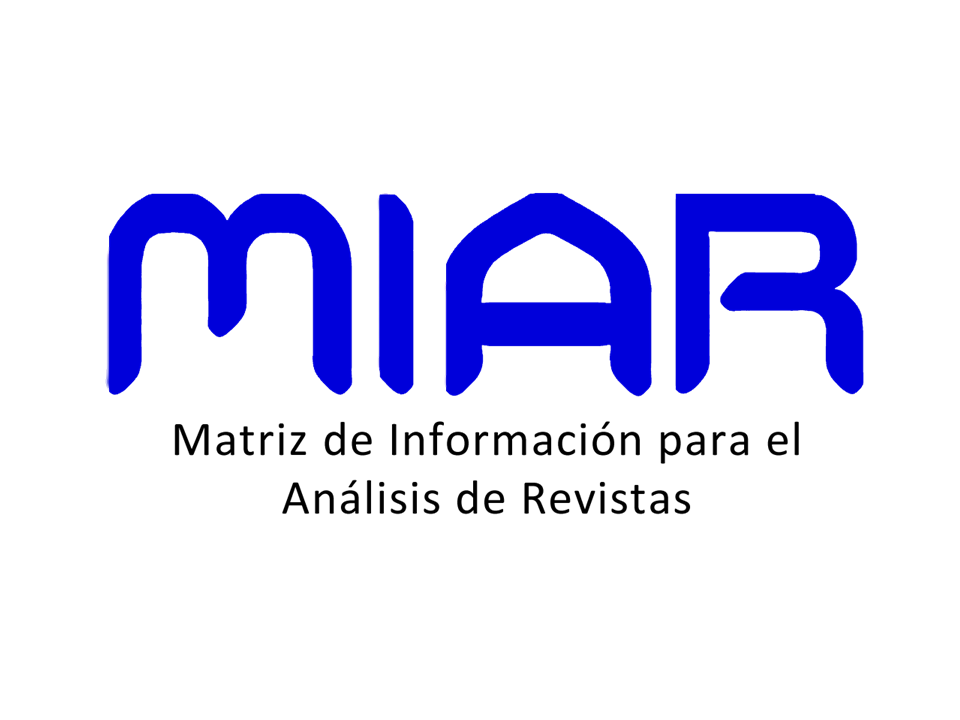(NÃO)BINÁRIO? A (NÃO)MARCAÇÃO DE GÊNERO NA LÍNGUA
DOI:
https://doi.org/10.22478/ufpb.1983-9979.2021v16n2.58171Keywords:
Linguística. Linguagem de gênero. Analogia. Valor.Abstract
Reflecting the diversity of people in our society who present themselves in their various forms, ways, genders and sexualities, language can be constituted as the main tool for inclusion or exclusion of subjects. With the ability to create and modify language, individuals present us with different ways of building social equity through language, such as not marking binary gender in in it. More than modifying phrasal structures in speech, the new forms suggest new constructions, a very controversial phenomenon discussed by linguists and lay people who defend such traditionalism in linguistic (or grammar, dictionary). Thus, the aim of this work is to reflect on language, language and speech with the thoughts of the linguist Ferdinand de Saussure (1988 [1916], 2004 [1996]), presenting the analogy as a factor of creation and evolution of language, reflecting on its mutability and its representations (writing and speaking). Also, adding to the reflections the studies by Bagno (2015) and Franco & Cervera (2014).










